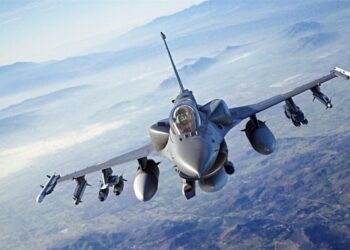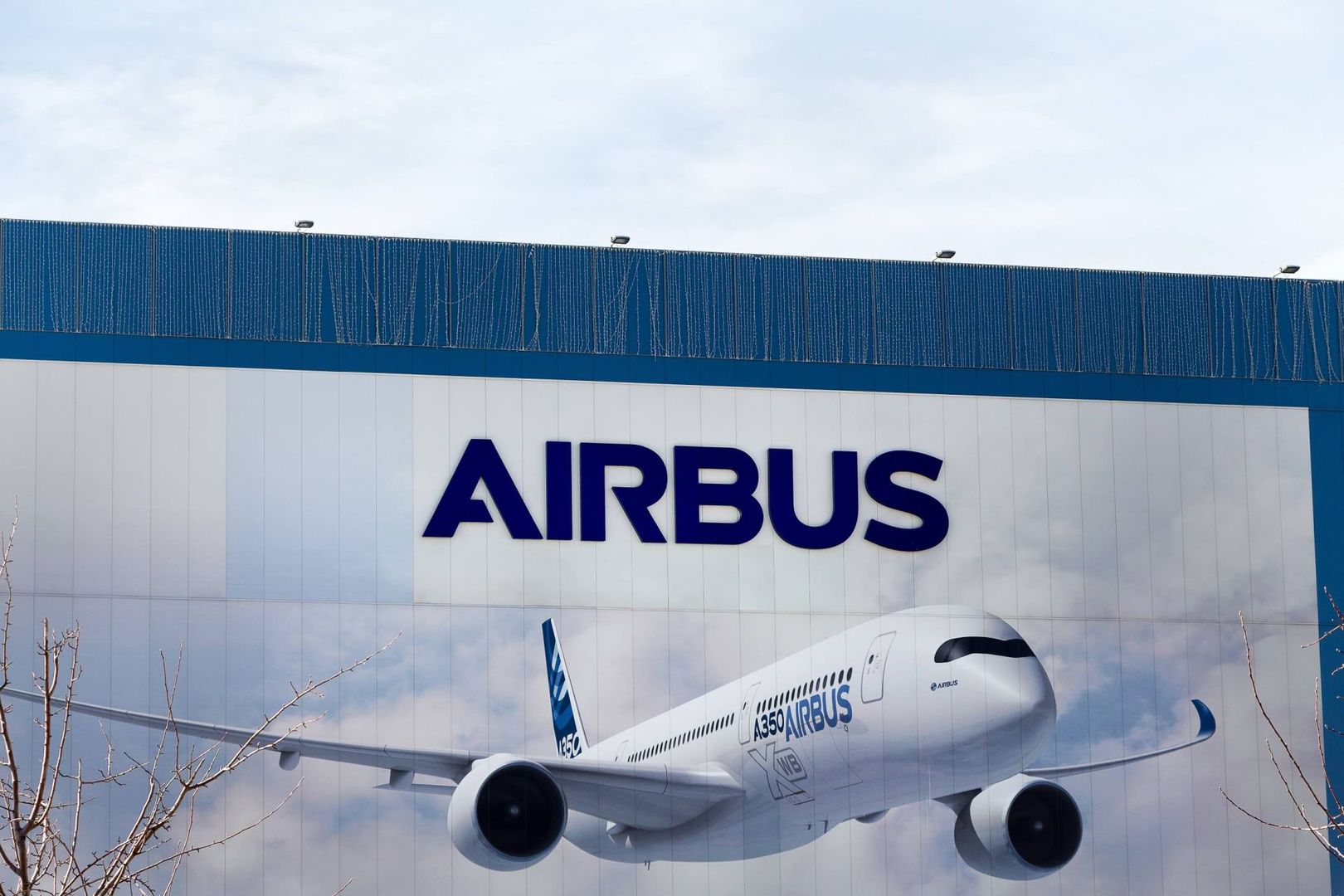Boeing Company,
ST. LOUIS: The U.S. Air Force Research Laboratory (AFRL) has awarded an industry team led by Boeing a four-year contract worth $49 million to continue developing technology that will enable an unmanned air vehicle (UAV) to autonomously rendezvous with a tanker aircraft and refuel.
Under Phase II of the Automated Aerial Refueling (AAR) program, the industry team, formally named the AAR Integrator Team, will coordinate flight tests that will include autonomous multiship operations and the actual delivery of fuel to a manned surrogate UAV. During Phase I of the AAR program, a Boeing-led government-industry team demonstrated that a single UAV could safely maneuver among seven refueling positions behind a tanker aircraft, and conduct a breakaway maneuver.
“We are very pleased that our team has been selected for the AAR Phase II Integrator Contract,” said David Riley, Boeing Research & Technology program manager for AAR. “This team, which covers a broad industrial base, has many strengths and capabilities to ensure that AAR technologies are developed effectively to support future UAV system development programs for the U.S. Air Force.”
The AAR Integrator Team includes prime contractors Lockheed Martin and Northrop Grumman Aerospace Systems, plus aerospace suppliers Northrop Grumman Electronic Systems, GE Aviation, Rockwell Collins, and the Sierra Nevada Corp. As team leader, Boeing will be responsible for program execution and product delivery.
| Click to Enlarge |
Phase II will be divided into two parts, or spirals.
During Spiral 1, the team will work collaboratively to design, build and integrate a multichannel Precision Global Positioning System (GPS)-based navigation system, an automated flight control system, and AAR-specific command and control system components to accomplish boom and receptacle aerial refueling testing to be conducted by AFRL. All of this will be based on non-proprietary, hypothetical aircraft models that represent a variety of current and future U.S. Air Force missions.
During Spiral 2, the team will conduct trade studies and will evaluate non-GPS, sensor-based navigation measurement systems to augment the Spiral 1 GPS sensors. Once added to the system, the non-GPS sensors potentially will provide support for probe and drogue refueling.










